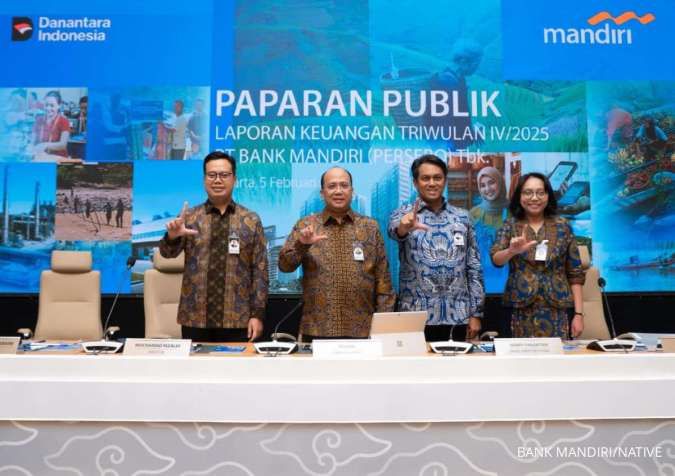JAKARTA. The House of Representatives agreed to pass the tax amnesty bill into law during a plenary meeting bathed in interruptions from lawmakers at the House complex in Senayan, Central Jakarta, on Tuesday. It is expected that the highly anticipated law will enable the government to collect Rp 165 trillion (US$12,53 billion) worth of restitution during its implementation. The government plans to start implementing the Tax Amnesty Law on July 1 and it is expected the law will help narrow the deficit of the 2016 state budget.
During a more than two-hour meeting, House lawmakers from seven political party factions agreed to pass the bill unchanged. They are the Golkar Party, the Gerindra Party, the National Mandate Party (PAN), the NasDem Party, the United Party Development (PPP), the Hanura Party, and the National Awakening Party (PKB). The ruling Indonesian Democratic Party of Struggle (PDI-P), meanwhile, and the Democratic Party agreed to pass the bill with some notes. The Prosperous Justice Party (PKS) was the one and only faction to outright reject bill. "There were objections for every article in the bill. But overall, the majority of us agreed to pass it into a new law," House Speaker Ade Komarudin told journalists after the plenary meeting. He further said that although the PDI-P and the Democratic Party had given some notes on the bill, their stances represented agreement. In total, nine party factions agreed to the formation of the Tax Amnesty Law.
In an internal meeting on Monday, the House Commission XI overseeing banking and finance agreed to impose rates ranging from 2 to 5% on undeclared funds abroad being repatriated. Meanwhile, for those who only report assets, without repatriating them, the commission agreed to impose rates of 4 to 10%, depending on the timing of the reporting. The House agreed to three batches for the tax amnesty program, starting from July 1, 2016, and running until March 31, 2017. The program's participants must keep repatriated funds onshore for three years. "The government is currently composing the implementing regulations for the Tax Amnesty Law," Finance Minister Bambang S. Brodjonegoro said in a statement during Tuesday’s meeting. The government has high hopes that the Tax Amnesty Law will lead to successful asset repatriation. The House failed to meet its initial target for the timing of the bill: that it be completed in the previous sitting session, which ended on April 29. (Erika Anindita Dewi)



